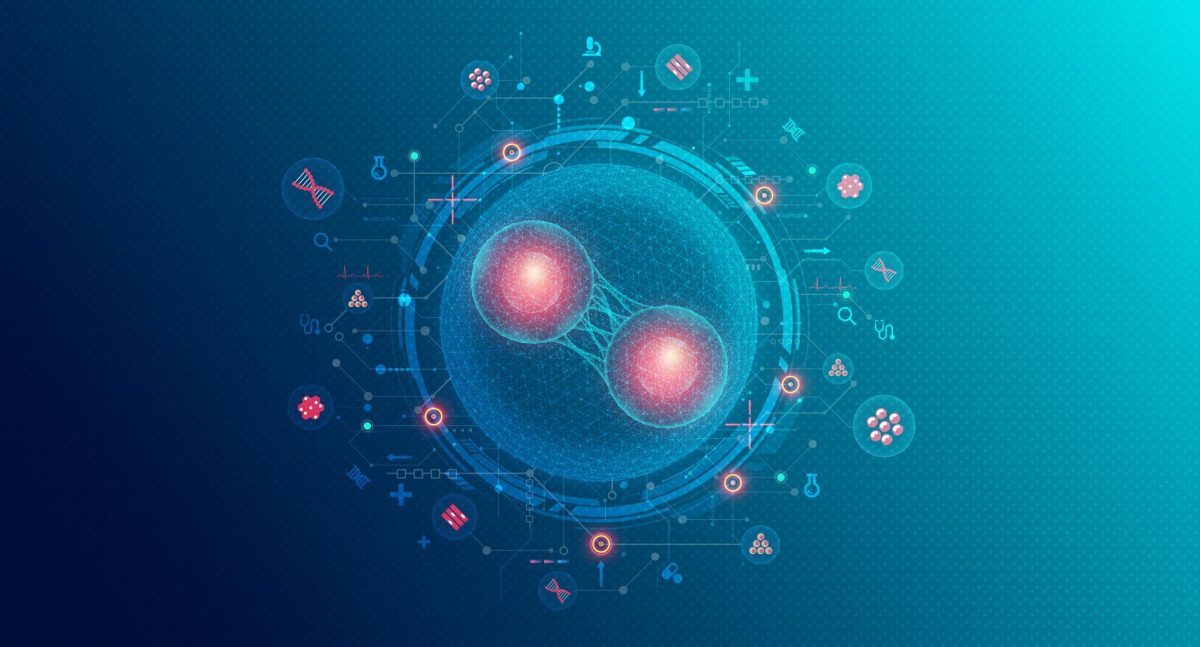Artificial Intelligence, or AI, is playing an increasingly vital role in the field of healthcare, transforming the way medical diagnosis and treatment are approached. In an era where accurate and timely medical care is paramount, AI is proving to be a game changer.
AI algorithms have the incredible ability to sift through vast amounts of medical data, allowing them to serve as tools for diagnosing various diseases. These algorithms can also detect subtle patterns within data that humans may not be able to see, ultimately leading to earlier and more precise diagnoses. AI can also analyze medical images to spot signs of diseases, such as early signs of cancer (mammograms and CT scans). They can also identify cardiac abnormalities that may indicate heart disease allowing for timely intervention.
Beyond analyzing data and images, AI can also assist healthcare providers by automating their time-consuming administrative tasks. This includes appointment scheduling, organizing and managing medical records, and simplifying billing processes–all of which improve efficiency and reduce providers’ burden.
Of course, along with all of the benefits, there are also concerns to be addressed. Issues like data privacy, potential biases in algorithms, the need for rigorous oversight, and striking the right balance between technological advancement and ethical responsibility are crucial and demand careful consideration.
AI has significant potential and promising current applications in healthcare. As evidenced by data and results, the implementation of AI can range from improved patient outcomes and administrative efficiency to higher diagnostic accuracy for illnesses. AI can also help with predictive analytics, which makes it possible to predict health trends more accurately, as well as with surgeries which will revolutionize the precision and efficacy of medical procedures.
In conclusion, AI is revolutionizing medical diagnosis and treatment by providing accurate diagnoses, personalized treatment, and administrative support. As this field continues to advance, we need to ensure that the integration of AI is done responsibly and its transformative potential is harnessed only for the benefit of patients worldwide.
Sources:
https://pubmed.ncbi.nlm.nih.gov/33836752/
https://www.ncbi.nlm.nih.gov/pmc/articles/PMC7325854/
https://www.coursera.org/articles/ai-in-health-care
https://bmcmededuc.biomedcentral.com/articles/10.1186/s12909-023-04698-z



















